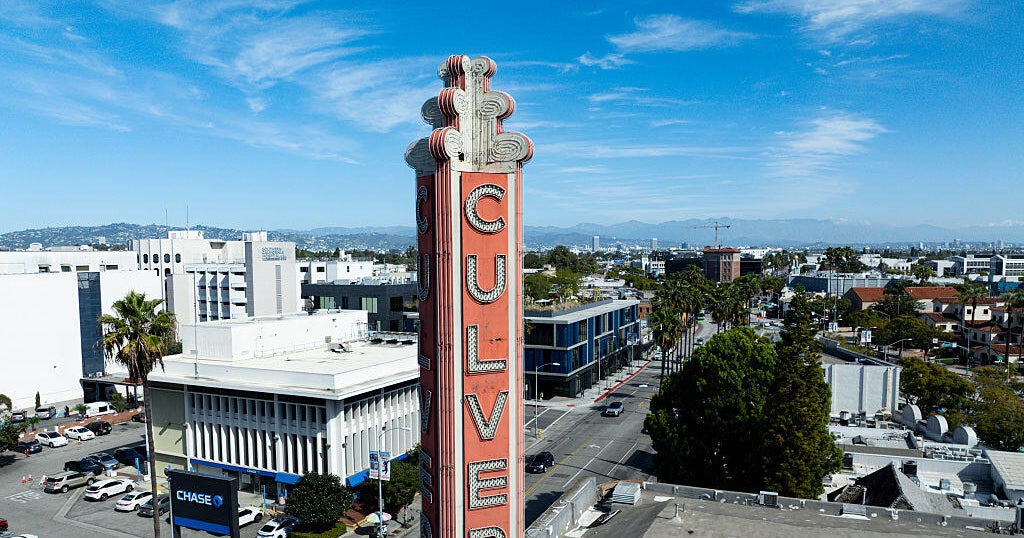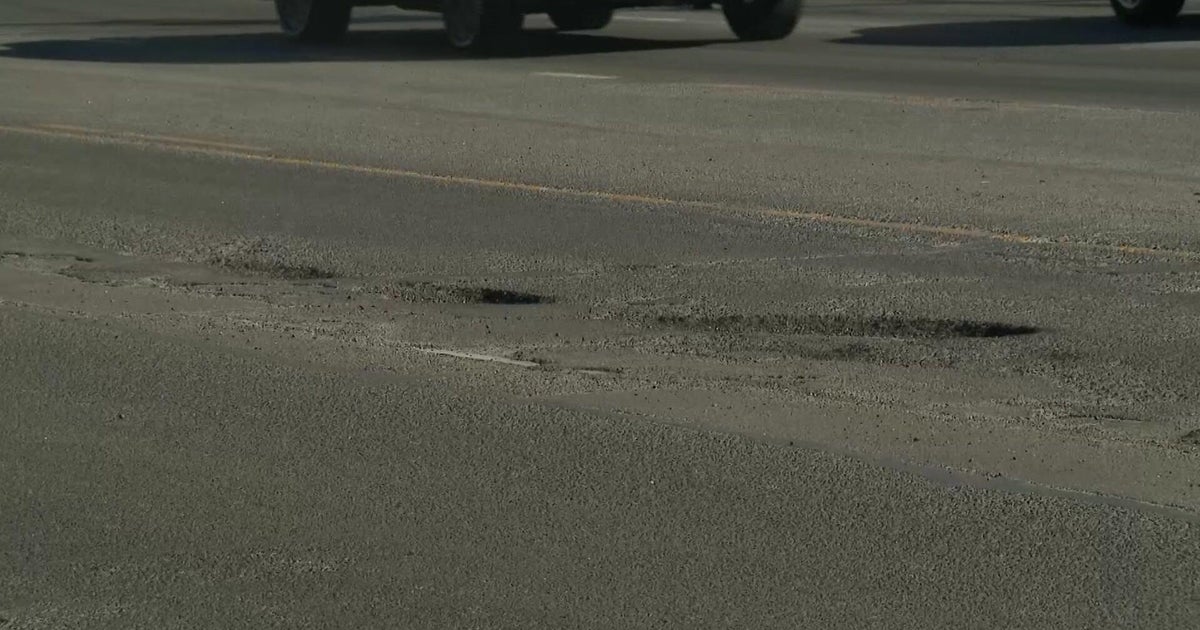Bill Would Aid Injured Good Samaritans
MINNEAPOLIS (WCCO) - A WCCO story has prompted a state representative to propose a change in the law to help Good Samaritans.
Last summer we reported on a nurse practitioner who stopped to help after witnessing a car crash. She felt penalized when she was stuck with a hefty bill after needing medical attention herself.
"So the question really came up, 'Why should the Good Samaritan be saddled with a bunch of medical bills for doing the right thing?'" State Rep. Tina Liebling said.
Liebling took action drafting a bill to protect Good Samaritans after learning what happened to Lauren Radziejewski. The nurse practitioner witnessed a deadly car accident last spring and stopped to help.
"You kind of don't think, you just kind of do. After EMS took over completely, I realized I was covered in blood. After I washed the blood that was on my hands, I realized I was bleeding myself," Radziejewski said.
She cut herself while helping the victim.
Radziejewski had her blood drawn at Regions Hospital, where the victim also went, to ensure neither party had given the other an infectious disease. Then she got hit with a $900 hospital bill.
Regions eventually waived the bill, but Liebling was concerned that what happened might make people think twice about stopping to help.
She heard from concerned constituents.
"When they realized the situation, they said, 'Hey that's a real hole in the law. It's really unfair,'" Liebling said.
Liebling drafted a bill, adding language to the No Fault Automobile Insurance Law to include action taken by a Good Samaritan.
Simply put, the car insurance of the victim will be required to cover the Good Samaritan, up to the limits of the coverage.
"We chose this method because the process of getting those medical expenses paid is kind of a well understood process. They shouldn't be burdened with a medical bill that they wouldn't have had otherwise. It just isn't fair," Liebling said.
This bill only addresses Good Samaritan acts involving vehicles, not other circumstances. Liebling calls it a place to start.
Radziejewski is currently out of the country, but she sent this statement:
"I am quite encouraged to hear that that the state legislature will be taking up this important issue during the current session. Although there are many pressing concerns before them, our representatives have demonstrated that the protection of our citizens who deliver first aid, be it with CPR or in the care of an accident victim, is critical to the welfare of our community, and should be given immediate consideration. In many parts of our state, emergency services may be quite some time away; even the most basic first aid from a bystander, prior to the arrival of EMS, can be life-saving. I believe we must indemnify citizens from medical costs they incur as the result of injuries suffered during the administration of such aid. We all hope that no one would be deterred from coming to our own aid, or to that of a parent, spouse or child for fear of financial loss. With the average ER bill running into the thousands of dollars, even treatment of a twisted ankle can cause financial hardship for some. As the statute stands, we are asking citizens to take a financial risk every time they pull over to help another. I am proud of the citizens of Minnesota, building upon our tradition of caring for one another, for seeking to address this significant public health concern."







